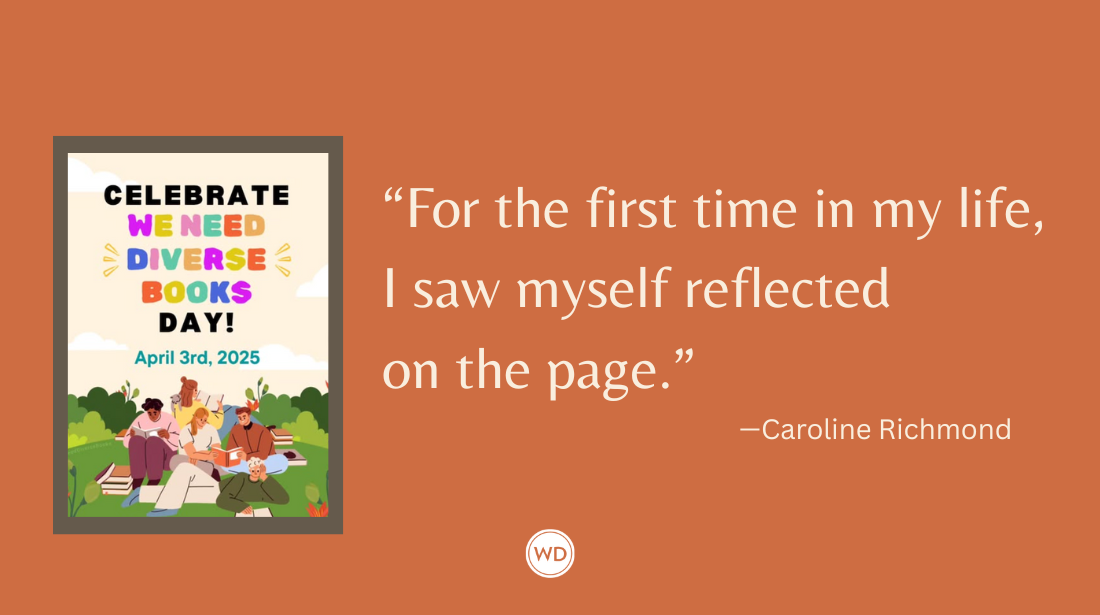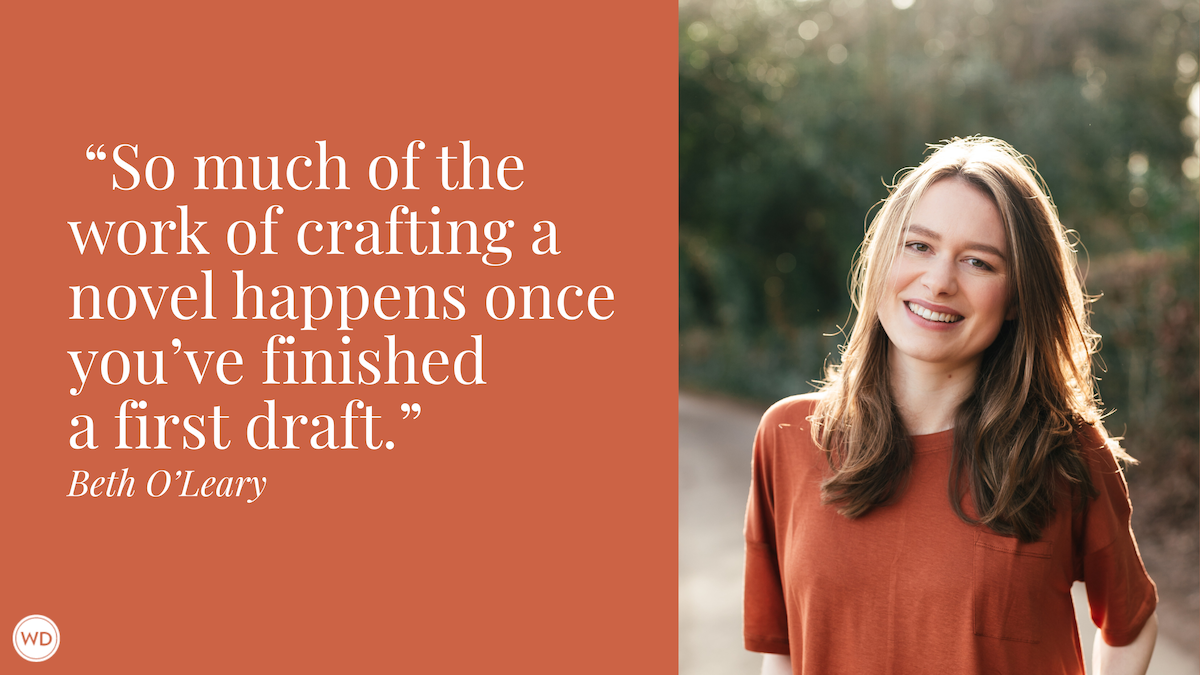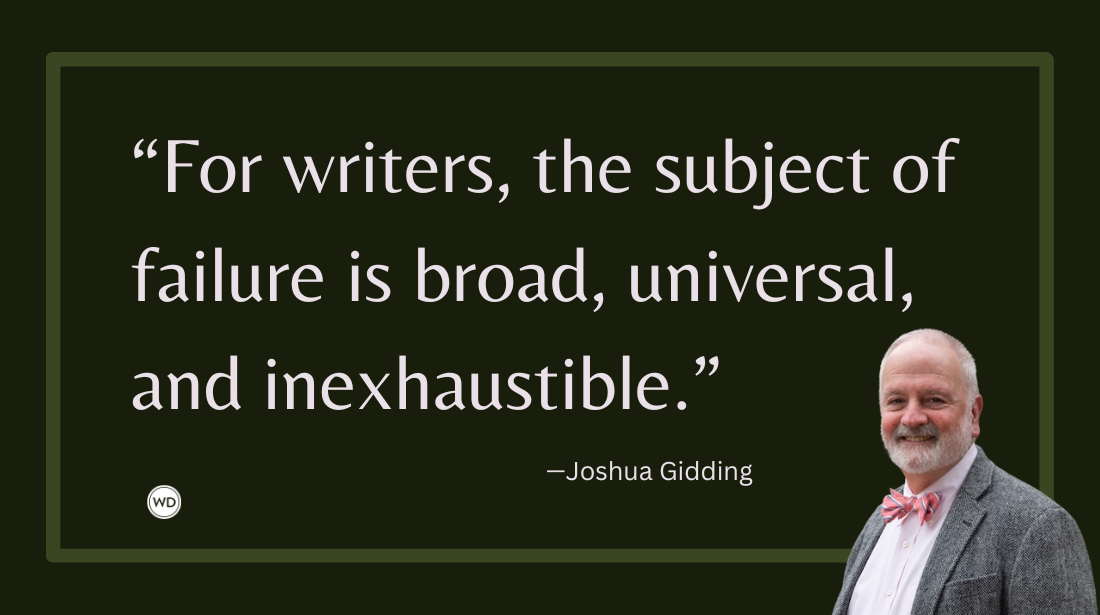Charles Vidich: The Timeliness of Nonfiction
Author and public health expert Charles Vidich shares how his latest book changed due to reviewer’s notes and why he submitted his manuscript during the 2020 pandemic.
Charles Vidich is a consultant and advisor on public health and bioterrorism issues and was appointed a visiting scientist at the Harvard School of Public Health, working for 10 years on national quarantine policy. He has numerous publications on occupational and environmental health and served as incident commander for the U.S. Postal Service's national anthrax response in 2001–2002. He holds SM and MCP degrees from Harvard and has received numerous White House, EPA, and Postal Service awards for his environmental and anthrax response work. He serves on the Connecticut Council on Environmental Quality, appointed by the Speaker of the House. For more, visit germsatbaybook.com.
In this post, Vidich shares how his latest book changed due to reviewer's notes, why he submitted his manuscript during the 2020 pandemic, and more!
****
Name: Charles Vidich
Title: Germs at Bay, Politics, Public Health and American Quarantine
Publisher: Praeger
Release date: January 31, 2021
Genre: Public Health/Public Health Politics/American History
Elevator pitch for the book: Germs at Bay: Politics, Public Health and American Quarantine is the first-ever history of American quarantine practice revealing its remarkable successes and failures over its 400 years of use. With pandemic disease on the ascendant, how can quarantine be practiced in a democratic society where personal liberties have been given greater privilege than the need for cooperative efforts aimed at community survival?
IndieBound | Bookshop | Amazon
[WD uses affiliate links.]
What prompted you to write this book?
I served as the Incident Commander for the Anthrax Response carried out by a Unified Incident Command Center under the sponsorship of the USPS Office of the Inspector General. As a result of that experience, including so many misapplications of quarantine and other inappropriate public health measures, I was convinced our nation’s so-called experts had a superficial understanding of how to contain epidemic disease. As soon as the Anthrax crisis was contained, Harvard’s School of Public Health invited me to speak on the public health crisis. Within months, I was given a sabbatical from my government service to spend a year at Harvard doing the basic research necessary to understand quarantine and related public health countermeasures to contain highly communicable diseases. Harvard’s School of Public Health and, later on, the Harvard Humanitarian Initiative (HHI) appointed me to be a visiting scientist so that I could work on this book with all of the resources that Harvard and its faculty had to offer.
How long did it take to go from idea to publication?
It took 18 years of work from the first paper I wrote on the Boston smallpox epidemic of 1872-73 to the final acceptance of the manuscript by Praeger. The greatest challenge was pulling together basic primary source materials that had never previously been compiled in order to tell a coherent story about American quarantine and related public health countermeasures. Over 50,000 documents were reviewed to develop the storyline for this book. Several reviews by Harvard faculty and graduate students were significant influences on the scope of the book and helped improve the context for quarantine practice in 19th-century America. The fundamental focus of this book has not dramatically changed—the American experience with how quarantine works and when it doesn’t work—but the insights from numerous reviewers in the early stages expanded the manuscript from a mere case study of Boston’s experience with quarantine to address the American experience with epidemic response measures.
Were there any surprises or learning moments in the publishing process for this title?
Perhaps the one thing I did not anticipate was the need to time the release of this book to a time when Americans would be most receptive. It occurred to me that a book on American quarantine practice—its politics and public health values—would have less of an audience when everyone was comfortable with their normal living routines. I chose to submit the manuscript for publication about one month after COVID-19 was declared a pandemic. I had gone through numerous revisions to the manuscript over the 18 year period to ensure the text was fully footnoted. Comments provided by one reviewer pointed to the need for extensive footnoting of sources and this effort took much longer to achieve than I had anticipated. I then decided that it was time to let the manuscript ripen for a time when its value would be greatly appreciated. I was surprised that it took only about three years for that to happen.
Were there any surprises in the writing process for this book?
Yes, there were many surprises throughout the writing process including discovering many previously unknown aspects of quarantine practice and the routine medical opposition to the use of quarantine despite its central role in controlling epidemics throughout American history prior to the mid-20th-century. I was also surprised that no one had ever written a book on American quarantine practice from a historical perspective. While there are a number of books that are case studies of specific epidemics, these books fail to address the rich range of quarantine strategies that have been tried throughout colonial and post-colonial America. These case studies also are almost always aimed at discrediting the value of quarantine consistent with medical concerns about the misuse of this powerful public health instrument. I was also surprised to learn how little modern public health professionals know about how quarantine was practiced in the past and under what circumstances it was applied effectively. There are two other surprising discoveries as well:
- Paul Revere, one of the most celebrated Americans, is remembered as a symbol of freedom. However, he was in fact the White Knight of quarantine—expanding its use more than any individual in 19th-century America.
- Quarantine was managed as a quasi-secret federal program in the early twentieth century—so much so that the U.S. Public Health Service maintained a highly confidential code system (now kept under tight surveillance at the National Library of Medicine) for sending telegrams during epidemic events to ensure newspapers never could figure out what was really happening.
What do you hope readers will get out of your book?
The most valuable contribution this book makes is giving a historical context for why our nation has failed to properly address the COVID-19 pandemic and what practical measures are needed to get it under control. The lessons of history are invaluable for those who wish to avoid the errors of the past. The book also is important for those who wish to understand how quarantine practice influenced major events of American history including the outcome of the American Revolution, the Post-Construction era economic battles between the northern and southern states, and the immigration policies of this nation. Perhaps, more importantly, the storyline of this book is told through the people who managed quarantine, and for this reason, there is a compelling connection with the key Americans who have shaped our nation’s quarantine policy.
If you could share one piece of advice with other authors, what would it be?
My passion for this work drove me to tell this story. While it is nice to have collegial support for one’s literary pursuits, the drive to write a book needs to come from within—not be influenced by the marketplace or merely because someone else thinks it’s a good idea. I had several people question the value of a book on quarantine—largely due to their ignorance of how dangerous communicable disease can be in a post-antibiotic era (read this to mean we are living in an era where antibiotics and antivirals are either temporary fixes or have lost their efficacy due to resistant strains). However, having immersed myself in the “longer view” of man’s ongoing and never-ending battles with ever-mutating bacterial and viral species, I felt compelled to tell the larger story of human survival against germs and how we can keep them at bay.
Robert Lee Brewer is Senior Editor of Writer's Digest, which includes managing the content on WritersDigest.com and programming virtual conferences. He's the author of 40 Plot Twist Prompts for Writers: Writing Ideas for Bending Stories in New Directions, The Complete Guide of Poetic Forms: 100+ Poetic Form Definitions and Examples for Poets, Poem-a-Day: 365 Poetry Writing Prompts for a Year of Poeming, and more. Also, he's the editor of Writer's Market, Poet's Market, and Guide to Literary Agents. Follow him on Twitter @robertleebrewer.








